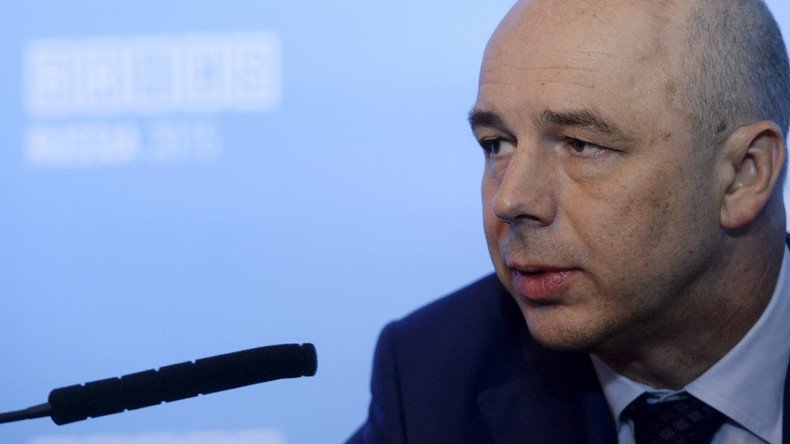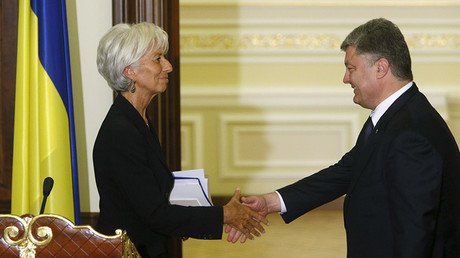Russia has raised questions about the impartiality of the International Monetary Fund (IMF) after it changed its lending policy ahead of Ukraine’s deadline to repay its sovereign debt to Russia.
The IMF intends to provide further funding to Ukraine despite guidelines not to lend to countries that default on debt owed to other states.
Ukraine’s default may be declared as early as December 20, if Kiev fails to repay its $3 billion debt to Russia or refuses to accept the restructuring terms offered by Moscow.
But on Tuesday the IMF’s board of directors voted to allow lending to countries that have outstanding arrears to official creditors. Moscow has criticized the IMF policy change, with President Vladimir Putin ordering the Finance Ministry to sue Ukraine if Kiev fails to pay.
"We are concerned that changing this policy in the context of Ukraine’s politically charged restructuring may raise questions as to the impartiality of an institution that plays a critical role in addressing international financial stability," Russian Finance Minister Anton Siluanov wrote in a Financial Times opinion piece.
Kiev is reluctant to pay as it claims the Eurobonds purchased by Russia were a private and not a government loan granted to President Viktor Yanukovich in 2013. The IMF has recognized Ukraine’s debt to Russia as an official sovereign liability.
"In addition to refusing to treat Russia’s claim as an official credit, Ukraine has contractually committed in its new private-sector bonds not to repay Russia’s claim in accordance with its terms, and not to offer Russia an alternative having a value even equal to the package offered to private sector creditors," Siluanov added.
The International Monetary Fund and the World Bank were created in 1944 at a conference in Bretton Woods, New Hampshire, and are now based in Washington.


